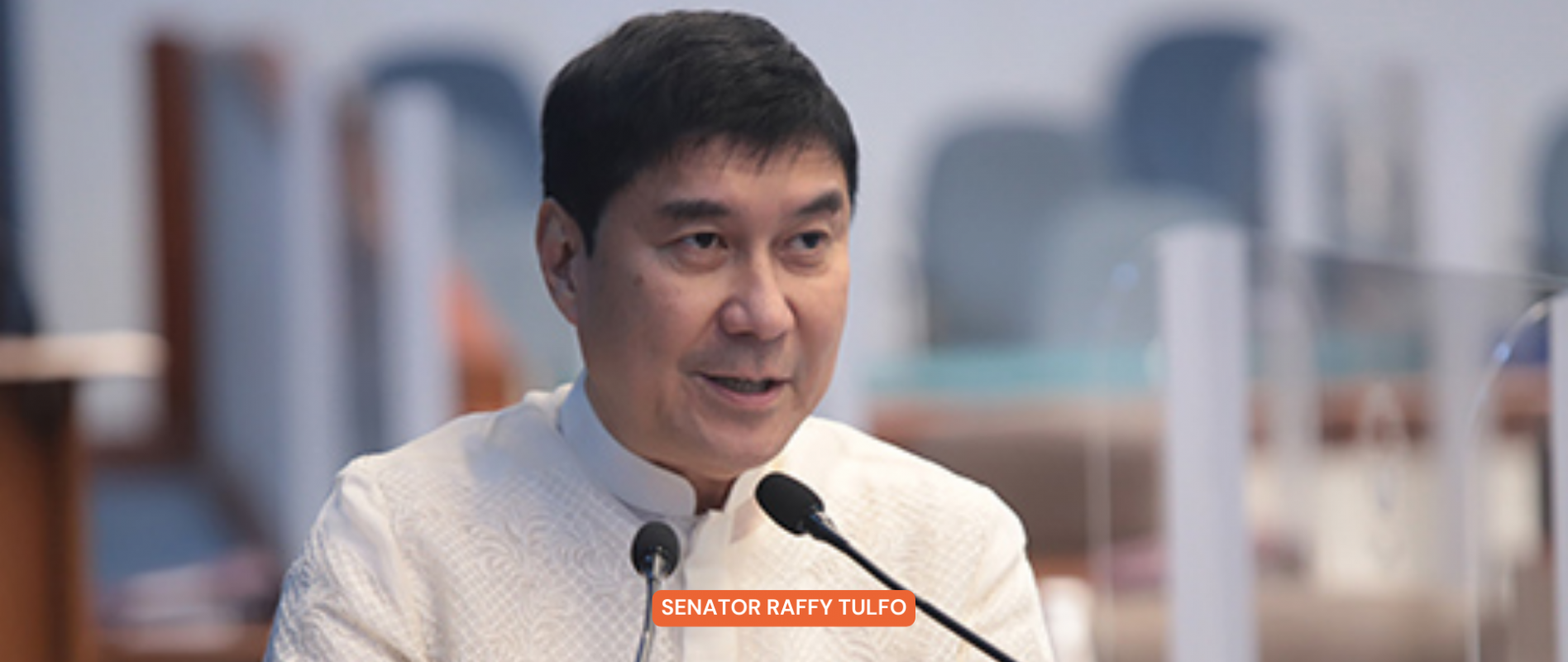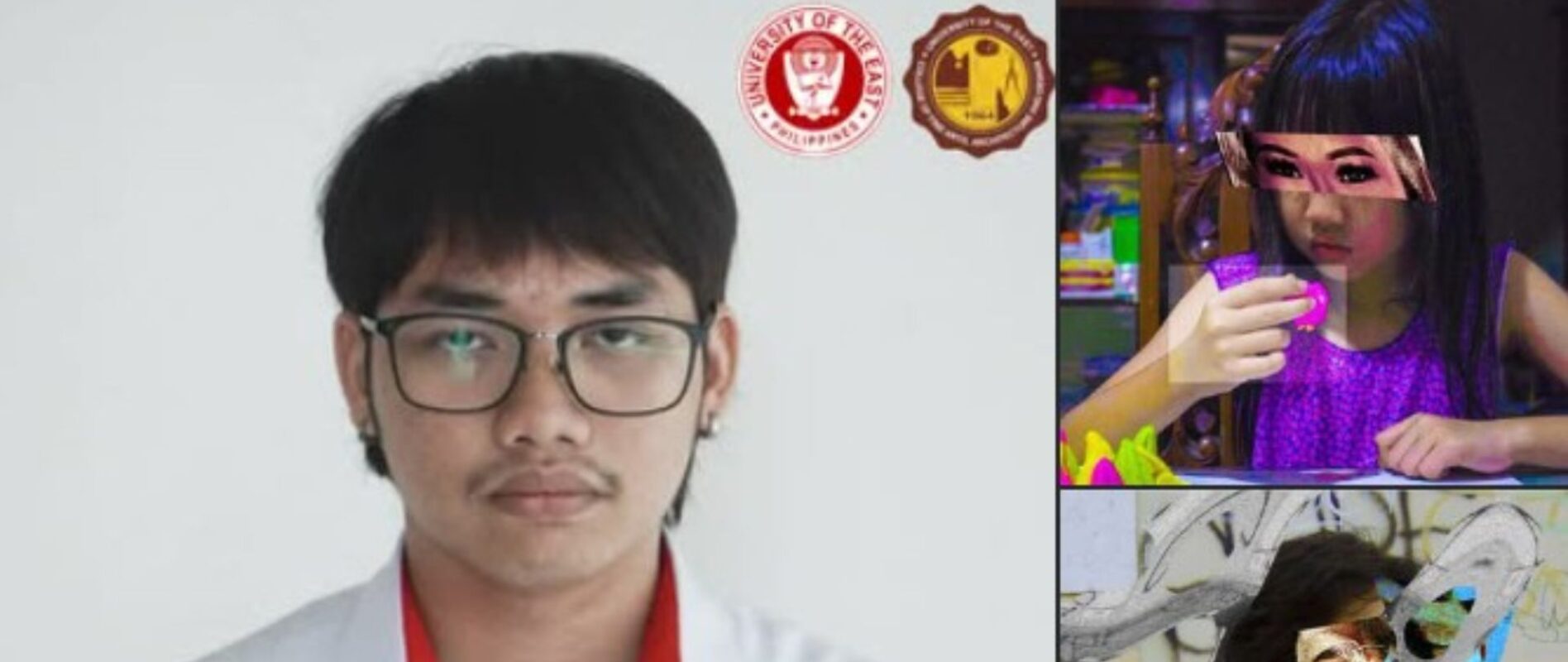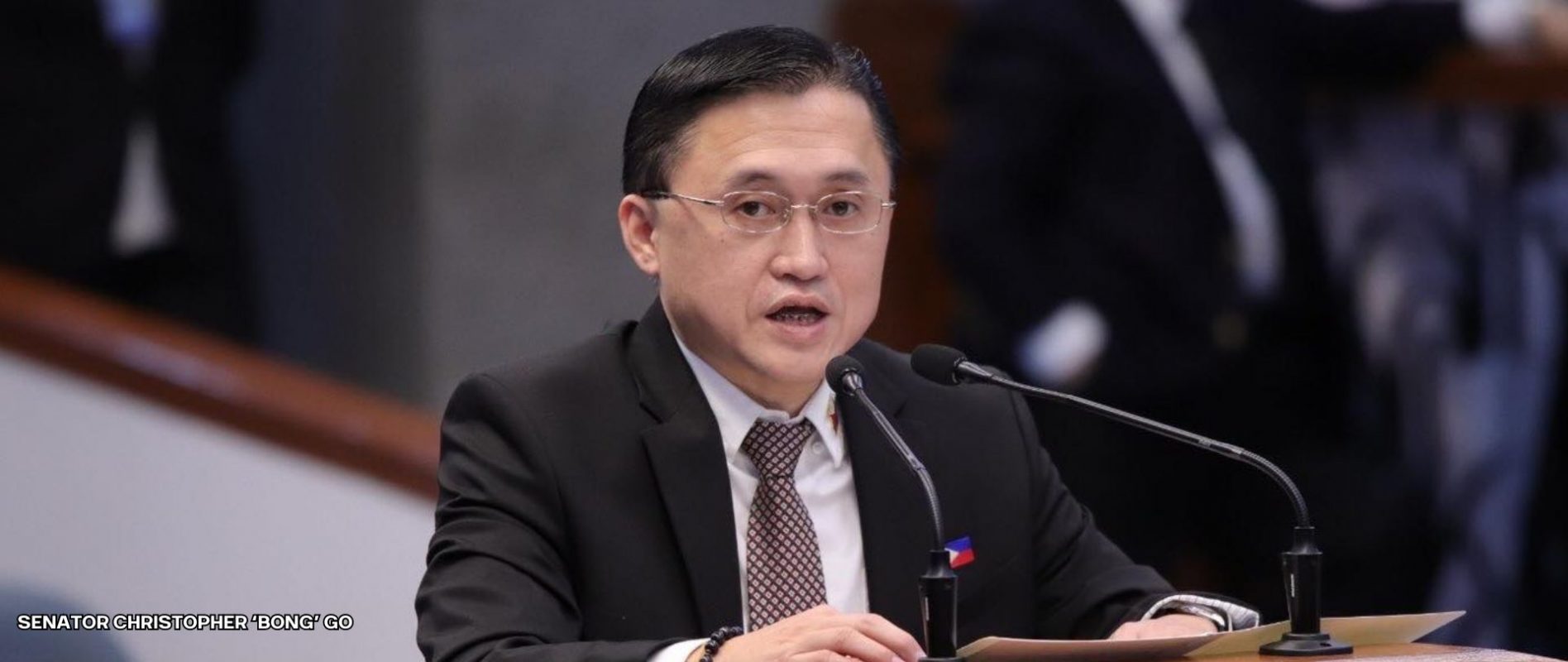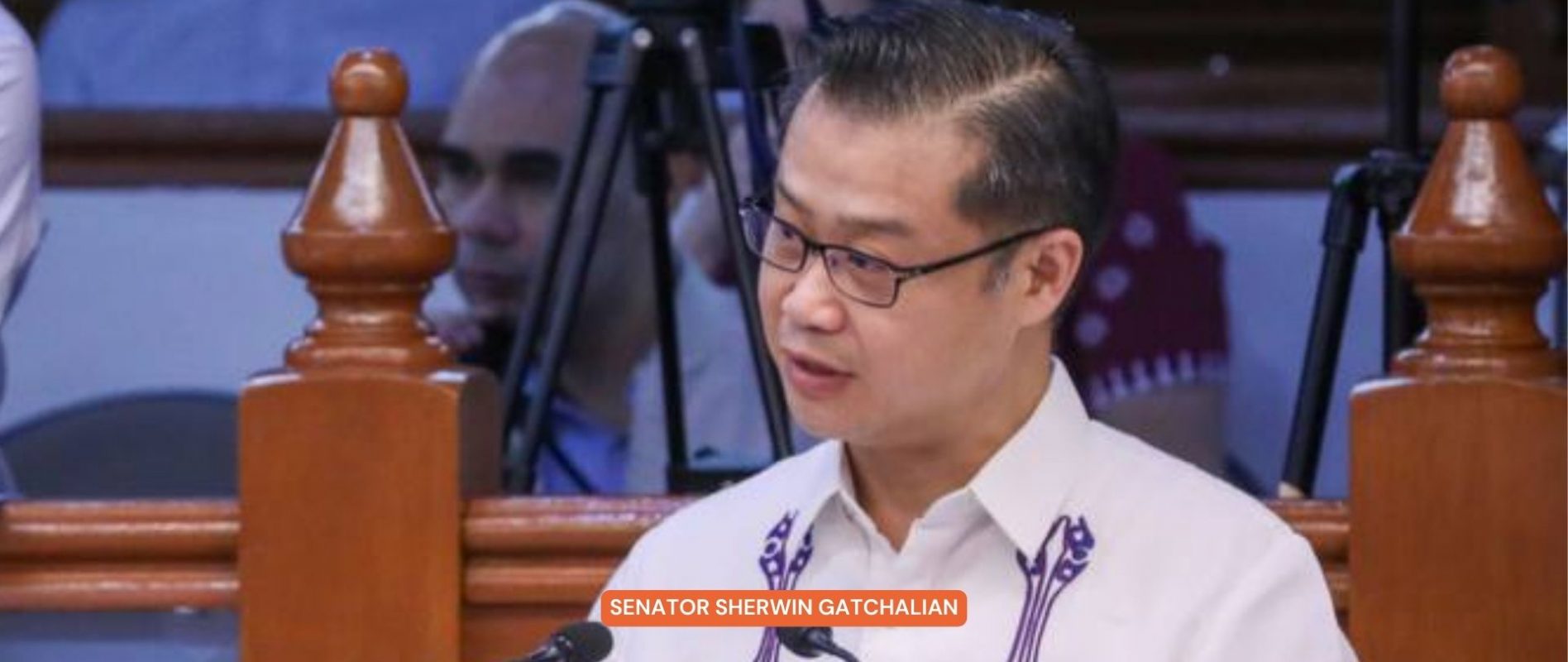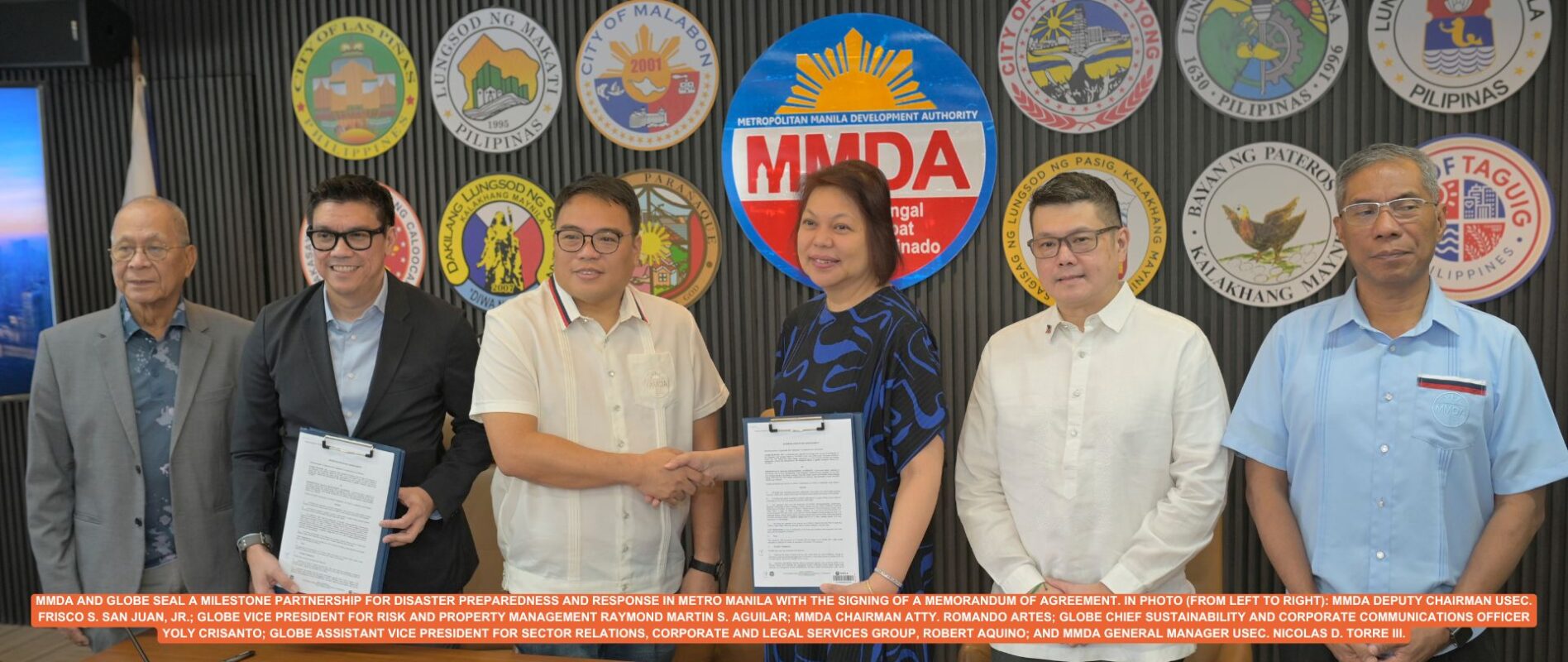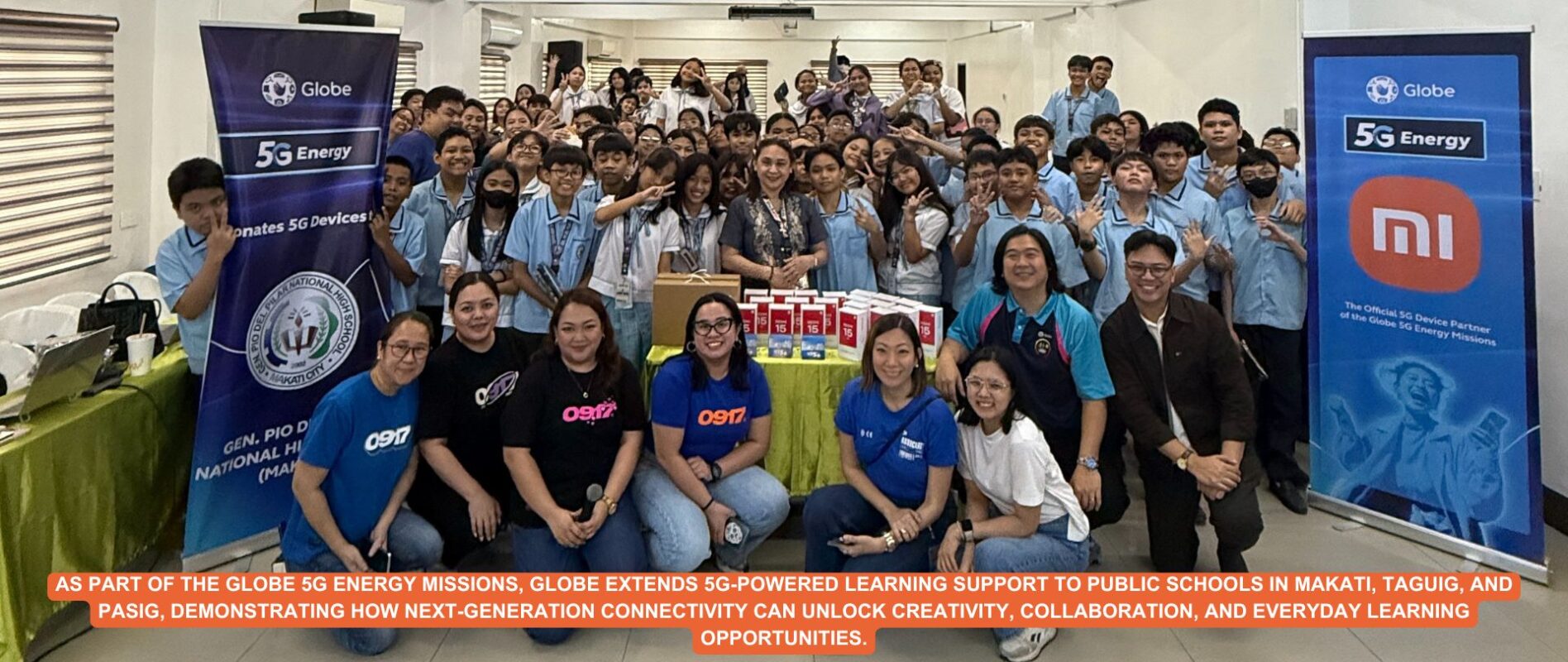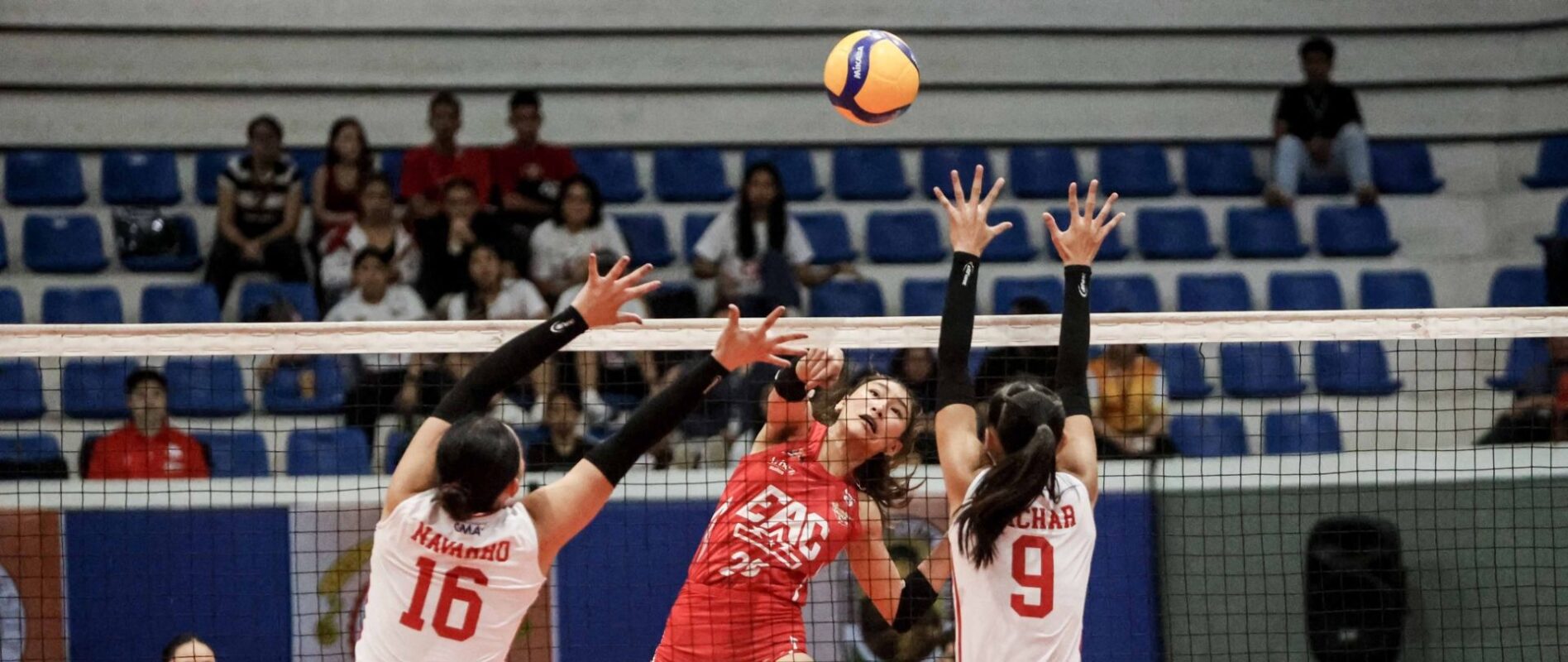SENATOR CALLS FOR STRONGER, MORE SUSTAINABLE GOVERNMENT SUPPORT FOR CHILDREN WITH DISABILITIES
SENATOR Raffy Tulfo on Monday called for stronger and more sustainable government support for children with disabilities (CWDs) as he pushed for expanded coverage and increased financial aid under the Department of Social Welfare and Development’s Project Aruga.
During the Senate plenary debates on the DSWD’s proposed 2026 budget, Tulfo highlighted the daily financial challenges faced by families raising children with special needs — including transportation costs, therapy sessions, medical requirements, and specialized care.
Project Aruga, according to budget sponsor Senator Pia Cayetano, is currently a pilot program implemented in only four local government units, assisting 400 beneficiaries who each receive a one-time ₱10,000 disability support allowance.
Tulfo stressed that while the program is commendable, a one-time grant is not enough to meet the long-term needs of CWDs.
“Project Aruga is a good program, but it must be expanded. The government should also consider providing a monthly allowance instead of a one-time ₱10,000,” he said.
“Caring for children with disabilities is very costly — from transportation to therapy, to medical needs. These families deserve regular financial support,” he added.
Cayetano acknowledged that the program remains limited but confirmed that funding for disability support is improving. For 2026, Project Aruga’s ₱44.462 million budget for 2025 has been increased by an additional ₱75 million, signaling broader assistance ahead.
Advocates for children’s welfare welcomed the renewed attention on CWDs, noting that sustained financial assistance could significantly improve access to therapy, early intervention, and essential medical services.
As budget deliberations continue, Tulfo reiterated that strengthening support for children with disabilities should be a national priority.
“Regular, reliable assistance will empower families and help ensure that every Filipino child — especially those with disabilities — has a fair chance at a better future,” he said.

